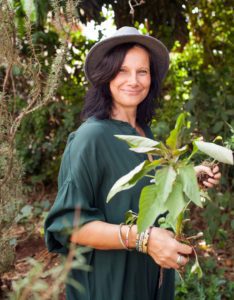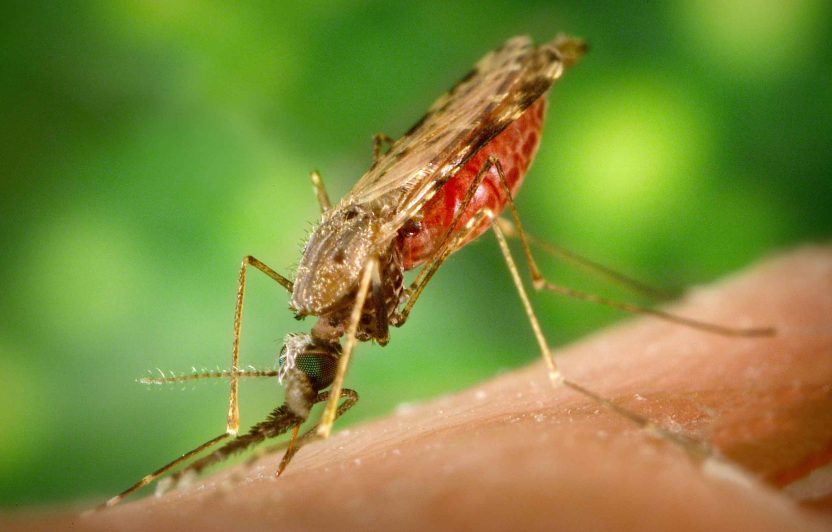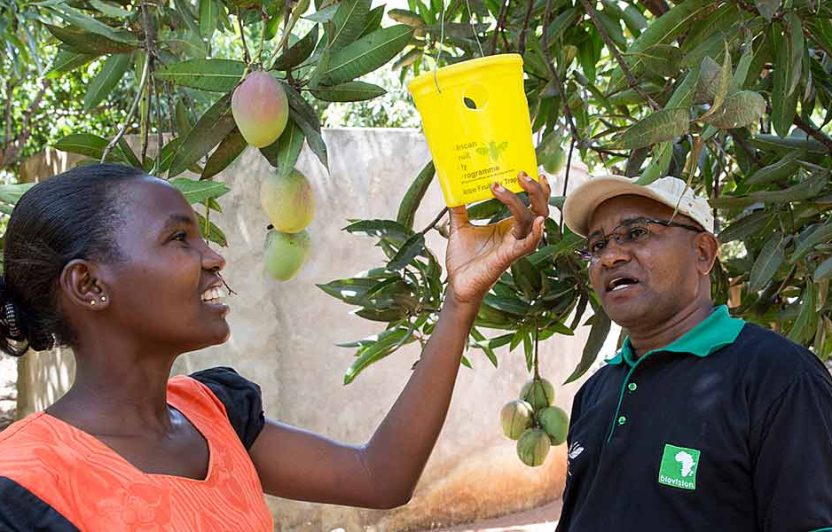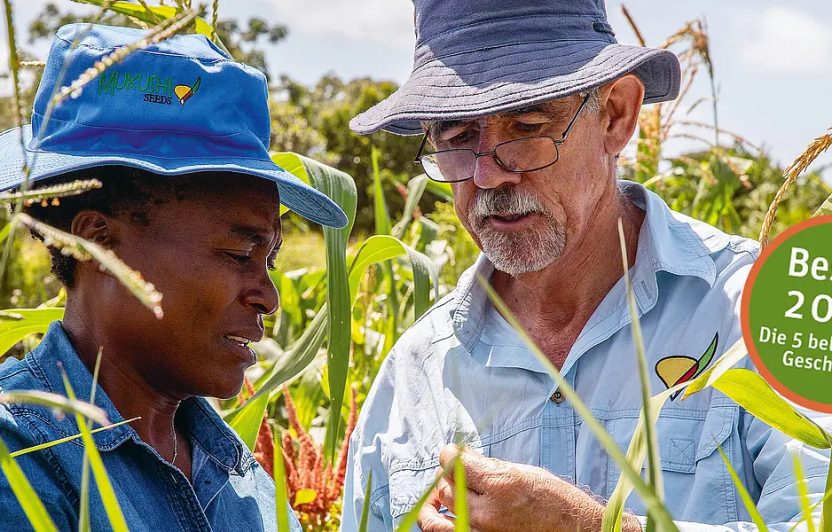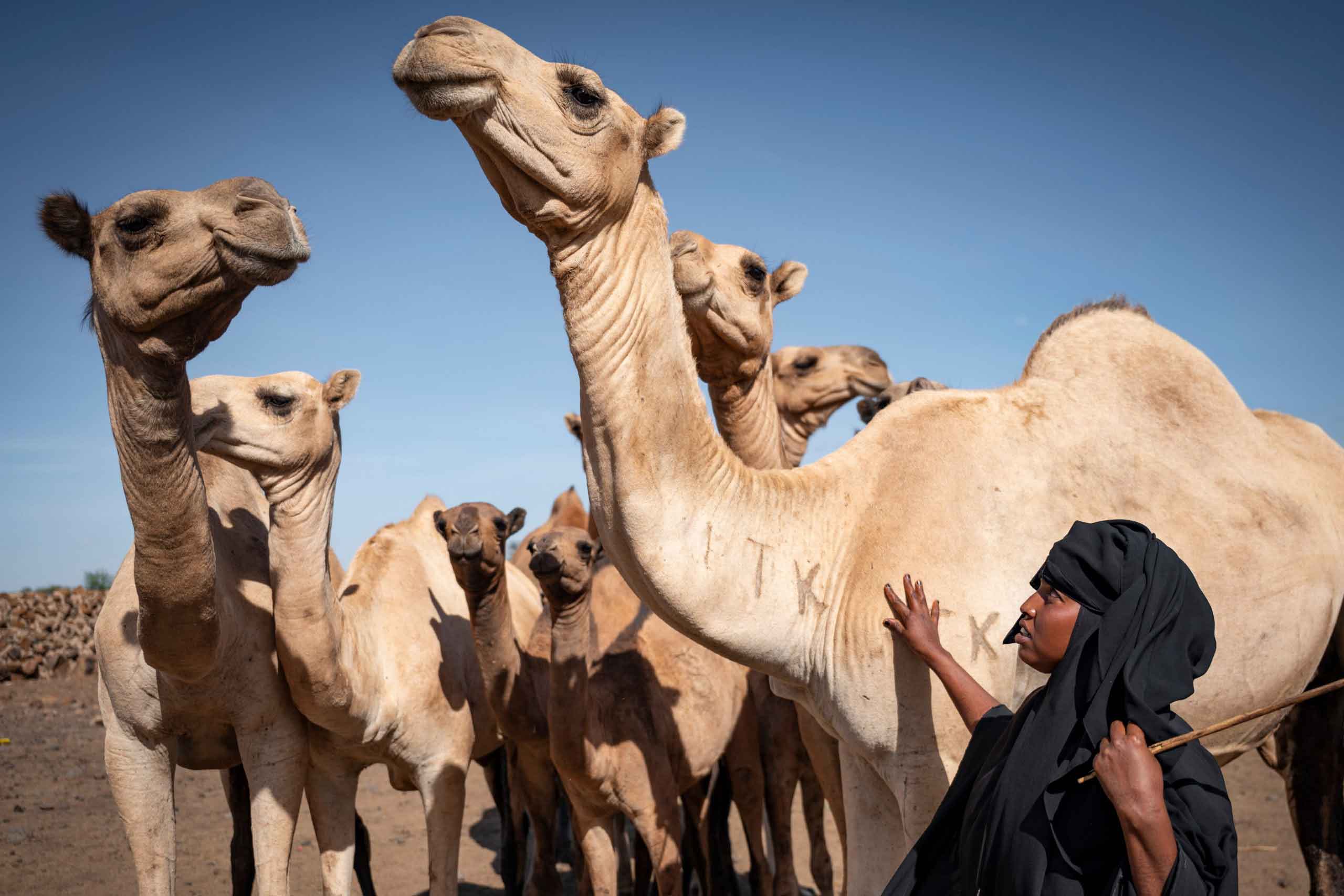
Silke Bollmohr is an ecotoxicologist and independent environmental consultant in Nairobi, Kenya. She has been working in the field of sustainable agriculture in sub-Saharan Africa for 20 years.
Silke Bollmohr, in recent years, imports of synthetic pesticides have more than doubled in Kenya – why?
Agriculture in Kenya is on the rise. And more and more crops are being grown in monocultures, where there are more harmful organisms than in mixed crops. In addition, the soils in monocultures lose nutrients over the years, which weakens the plants and makes them more susceptible to pests.
You participated in a study that shows that not only are many highly hazardous pesticides approved in Kenya, but they are actually used on a large scale. Why is that?
There is a lack of knowledge and awareness about the negative impact they can have on human reproductive capacity, on beneficial animals such as bees, or on aquatic organisms, for example. I worked on a study that showed that about 30% of all active substances registered in Kenya have been banned in Europe because they are considered dangerous and harmful.
Why are these substances still allowed in Kenya?
Until now, the registration authority only looked at the efficacy of a product; the dangers under local conditions were not factored into the approval process. And the industry likes to claim that there are no alternative ways to control devastating pests like the tomato leafminer or the European corn borer. But there is research that has proven that effective ecological methods do exist.
One and a half years ago, four local NGOs submitted a petition to the Kenyan government. You were involved as a scientific advisor. The political petition called for active substances to be assessed for dangers and for highly hazardous pesticides to be banned. What did you achieve?
As a result of the petition, the parliamentary health committee asked the government to review all approved pesticides for their risks in relation to possible chronic diseases such as cancer and with regard to reproductive capacity. In addition, the petition received a lot of attention, partly because a campaign was running in Kenya at the same time demanding an explanation for the exceptionally high cancer rate in the country. The newspapers and television channels reported extensively on this.
How did the pesticide industry react?
With shock. The trade associations launched a counter-campaign, arguing that pesticides are essential. They claimed that without pesticides, people would have nothing to eat and would starve. The argument of green neo-colonialism was also raised, i.e. that Europeans were attempting to impose their standards on Kenya.
Where do the pesticide companies that dominate the market in Kenya come from?
They are mainly companies from China, India and Japan. But corporations based in Germany and Switzerland, such as Bayer and Syngenta, are also present in the country.
Is Syngenta selling pesticides in Kenya that are banned in Europe?
Yes. We investigated this separately in our study – several of the 77 active substances banned in Europe come from Syngenta.
Do you think the population in Kenya is more aware of dangerous pesticides today than a few years ago?
Absolutely. A lot has happened within the last year in particular. Many farmers have switched to organic farming because they have seen that a corresponding market has emerged – not only in the city, but also in the village regions.
Is this awareness new?
It isn’t as if there was no awareness of the dangers of pesticides before. For example, a farmer once told me years ago that he grew two kinds of tomatoes: some with pesticides to sell, and others without pesticides for his own consumption. What was lacking was the knowledge of how to do things differently, including in larger-scale cultivation of products for sale. I now also often hear from consumers that they want to eat healthy, poison-free vegetables. I don’t want to claim that this is all due to the petition – but over the last year, a counter-movement to pesticide-based agriculture has emerged in Kenya that is gaining more and more support.


